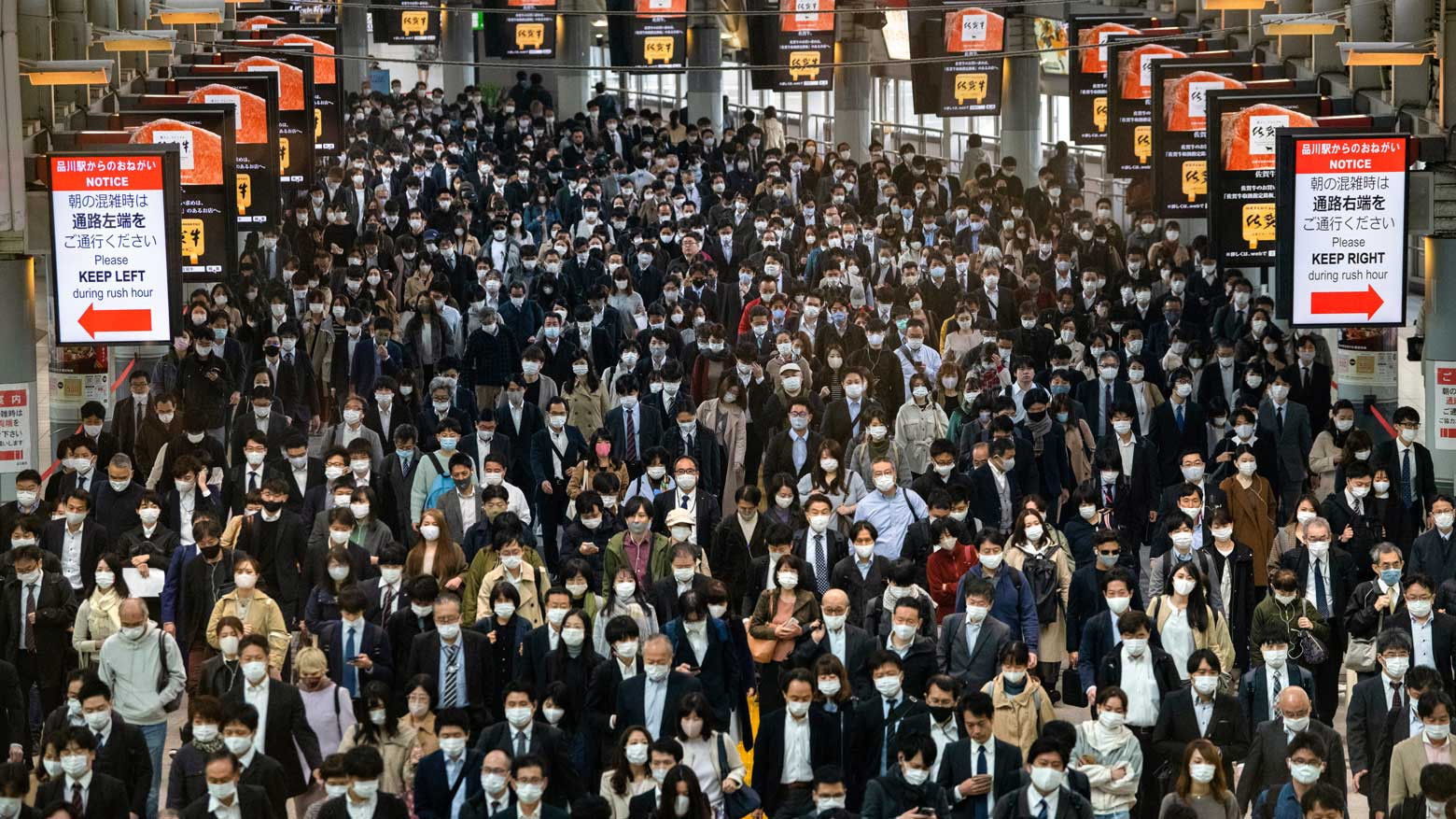The package announced last week is mainly targeted for non-regular workers and low-income families with children. It includes a handout of 50,000 yen, about $460, per child for low-income families, and up to 40,000 yen, around $370, per month for single parents who wish to pursue vocational training.
The government will also offer vacant public housing at low rent to those who have lost or are about to lose their homes. In addition, the package extends an emergency interest-free loan for people forced to temporarily leave their jobs. The program was set to expire at the end of the month but will now run until June.
Government officials say that the package is meant to give quick and temporary relief especially to non-regular workers who are suffering the pain. A recent survey by the Nomura Research Institute found that 1.46 million part-time or temporary workers have had their working hours reduced by more than half without compensation due to the outbreak.
Officials say the situation is particularly bleak for women. Government figures show that more than 7,000 women took their own lives in 2020, an increase of 15% from the year before. The officials point to worsening labor conditions for women without full-time employment as part of the reason.
But experts say that the package may not be enough to cover the worsening employment situation. Even with the lifting of the state of emergency restrictions, they see more business closures on the way in the service sector, as consumption remains sluggish. And the forecast does correlate with recent employment figures: the number of male regular workers, especially at the age of 35 to 54 years old, is declining in the recent four months. This shows that it is not only the non-regular workers that are suffering, and that household earnings could show further decline in the coming months.
Yamada Hisashi, vice president of the Japan Research Institute, a private think tank specializing in economic policy, says while the relief package is a good start, the government needs to improve support programs for those who have lost their jobs. The measures include a plan to double the number of spaces in free vocational training courses, but Yamada says there needs to be a qualitative shift as well. He argues that the current training methodology isn't practical enough and fails to equip enrollees with the skills needed to actually find work. He adds that this is a problem that can only be solved if the government collaborates directly with the business community.
 English
English Japan
Japan

